
Despite being separated by over 1600 miles of land and sea, Malta and Ireland are united by a common challenge: the endangerment of their native honey bee subspecies. The importation of honey bees worldwide has led to introgressive hybridisation causing regionally adapted honey bees to interbreed. This process erodes the natural biodiversity that has evolved within each subspecies and ecotype, placing their presence and future resilience in jeopardy, particularly in the face of climate change. Various other considerations must also be taken on board when considering this issue such as reduced production and heightened susceptibility to diseases observed in commercially bred honey bee varieties and hybrids.
In response to this pressing concern, a group in Malta was formed in July 2022 to take action. This group has since evolved into an officially registered NGO (Foundation) committed to championing the preservation of Maltese Honey bee, Apis mellifera ruttneri. Although in the past sporadic efforts took place, we believe they were insufficient in addressing this issue. Currently composed of only three administrators, as a team we envision gradual expansion to engage a wider audience and intensify our efforts to achieve the objectives set, many of which align with NIHBS’ own principles. Despite our limited resources, we have already successfully spearheaded impactful initiatives to benefit Maltese apiculture.
A selection of these initiatives includes; addressing the threat posed by Vespa orientalis (Oriental hornet) during the summer of 2022 and in the present. The group was the first within the apicultural sphere to petition relevant government authorities, advocating for necessary action and subsequently presenting a petition to local agencies. Additionally, we have undertaken projects such as distributing seeds of indigenous nectar-producing flora in conjunction with another NGO, which are vital not only for honey bees but also for other essential pollinators. We also launched a short but effective campaign by also reaching out to the Minister for the Environment, in order to discourage local agencies and councils from removing roadside flora in rural pathways, as these plants serve as a significant food source for honey bees and other pollinators. To amplify our cause, we authored articles in local newspapers and participated in radio and television interviews, utilising different strategies to increase awareness about the significance of Maltese Honey bee. We not only emphasize the intrinsic value of this endemic subspecies but also its important role in Maltese apiculture.
A pivotal moment occurred on May 20th, observed as World Bee Day, when the group initiated a campaign to designate the Maltese Honey bee as the National Insect. This effort was grounded in a legal study published in a European journal titled Review of the Maltese and European Laws related to the Genetic Protection of the Endemic Maltese Honey Bee (Apis mellifera ruttneri), a collaboration which also involved academic staff from the University of Malta. The Foundation played a central role in bringing this publication to fruition.
While humbly acknowledging that these efforts may not yet match the magnitude of those by NIHBS, the Foundation stands united in collaboration and idea-sharing, especially underpinned by a synergy among like-minded entities with identical goals. We recognise the strength that comes from unity, even on an international scale. Through our shared objectives, we aspire to establish robust channels of communication that may eventually evolve into a larger global Federation. We were extremely honoured to have received an invitation to participate in a conference organized by the International Association for the Protection of Dark Bees being held in August 2023 in France. At this event, we will be presenting a poster and delivering a virtual presentation on the Legal Protection of Honey Bees within the EU, applying European frameworks. It is worth noting that this issue transcends national boundaries, possessing regional and global implications. The Foundation envisions future collaborations yielding enhanced protection for subspecies, ultimately paving the way for the long-term sustainability of our shared cherished passion.
We extend our congratulations to NIHBS for its pivotal role in propelling Ireland towards significant strides in the comprehensive safeguarding of the Irish Honey bee. We invite you to join us in our mission to protect and preserve Maltese Honey bee! Stay updated by following us on Facebook or Instagram. Together, we can ensure a thriving future!
Authors: Dylan Farrugia & Abner Joe Buttigieg, Founders and Administrators of the Foundation for the Conservation of the Maltese Honey Bee (KNM)


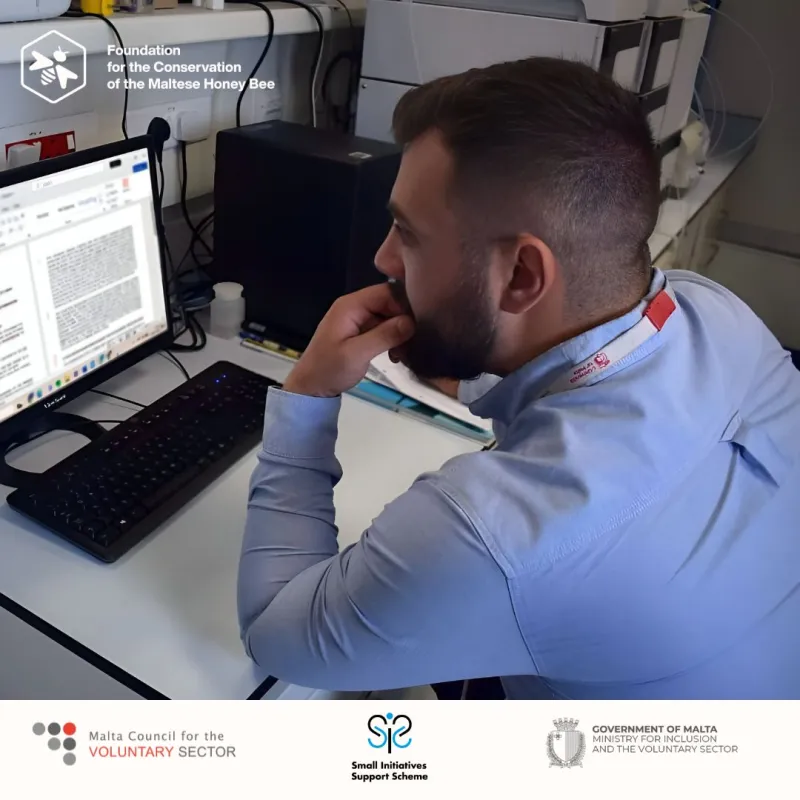

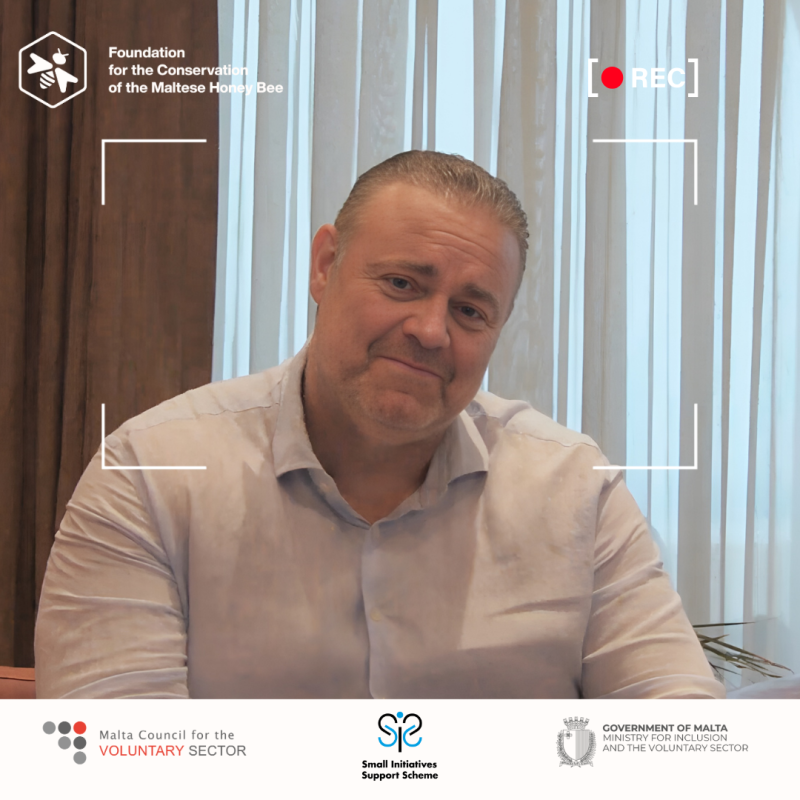
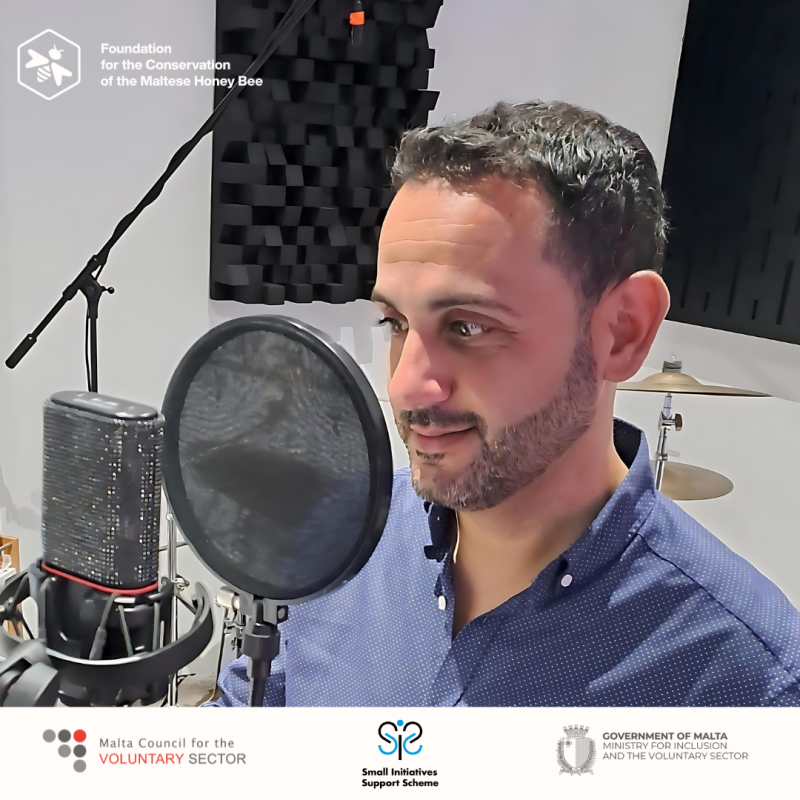
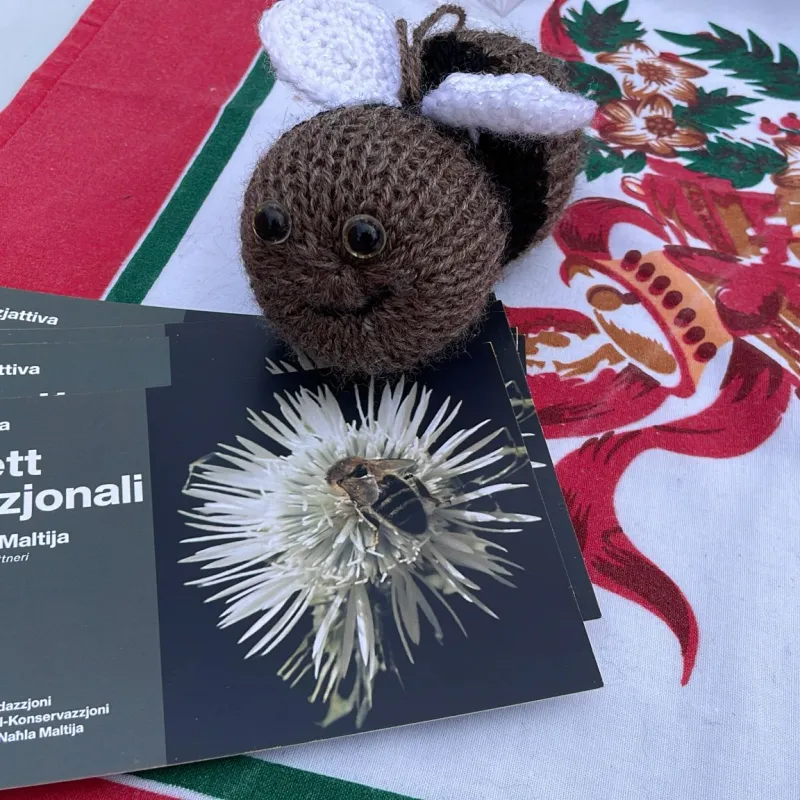
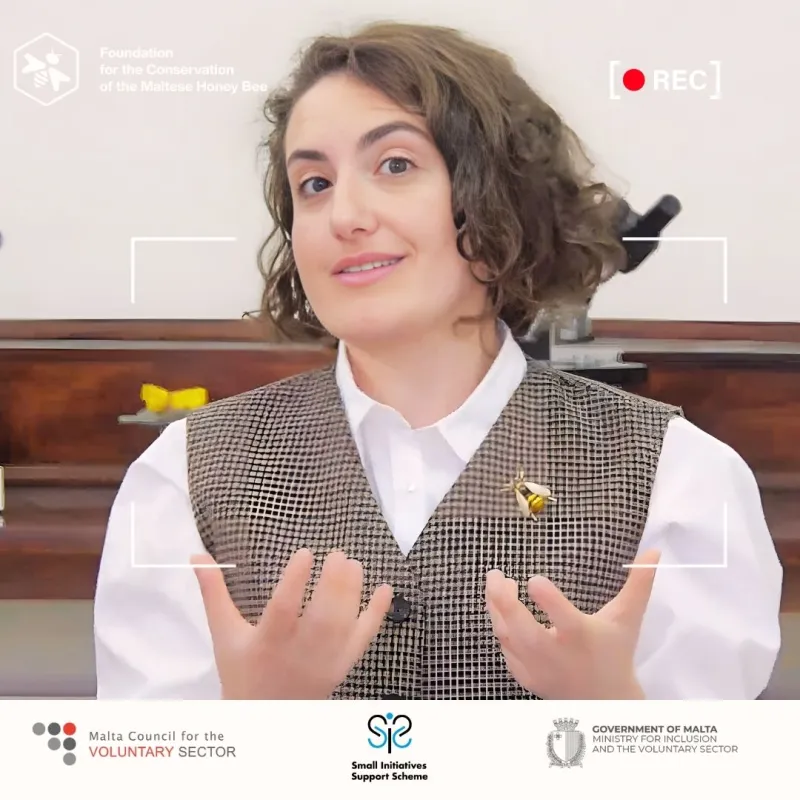
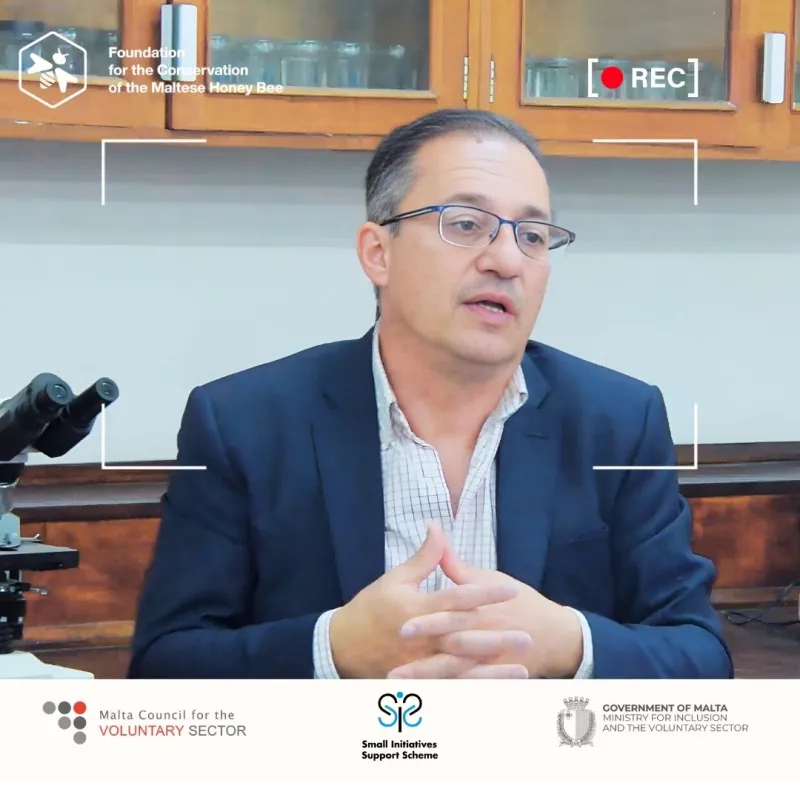
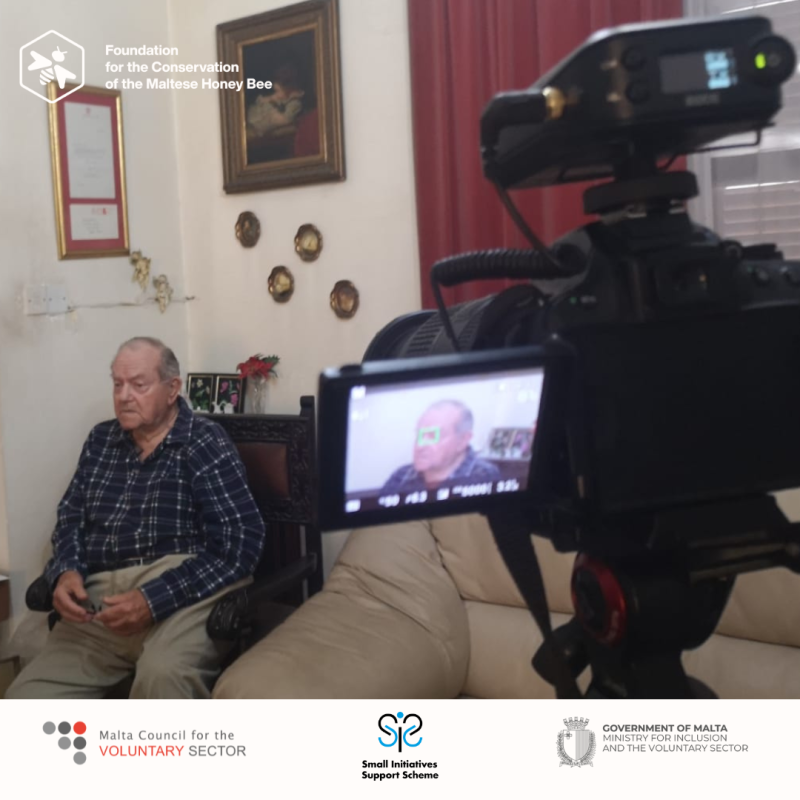
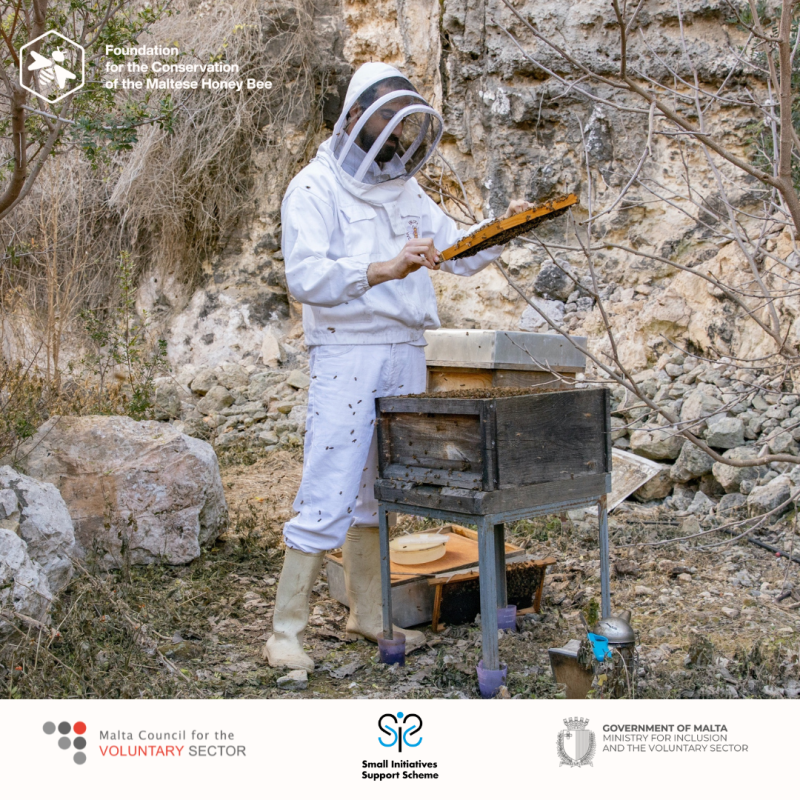
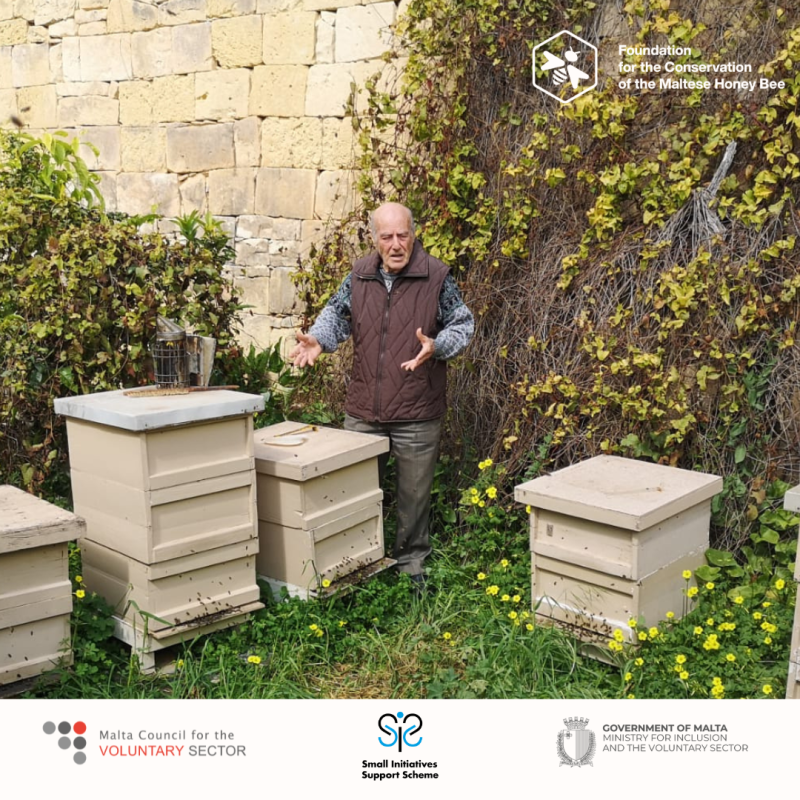
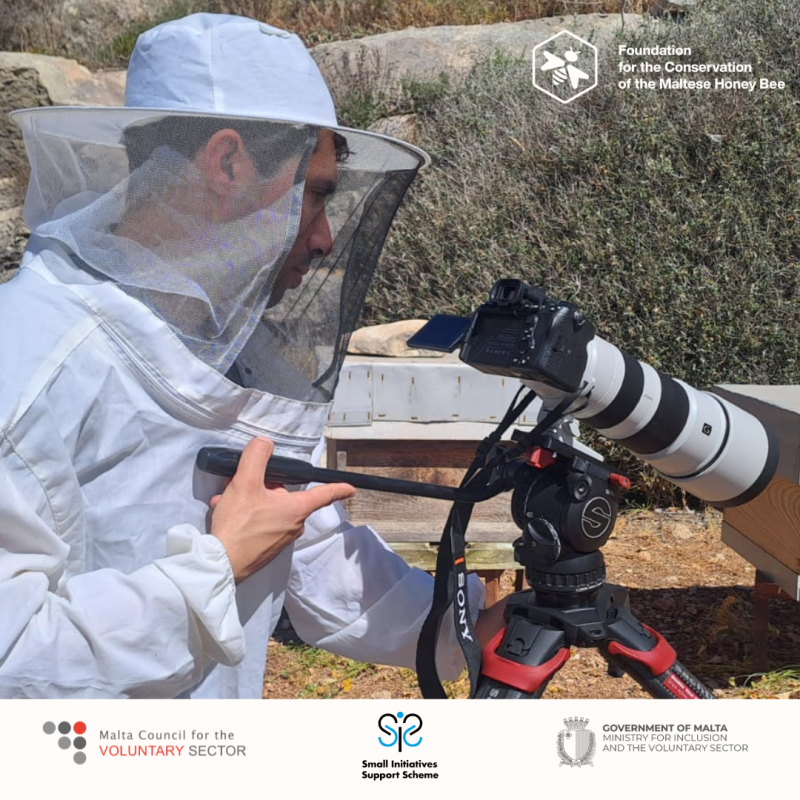
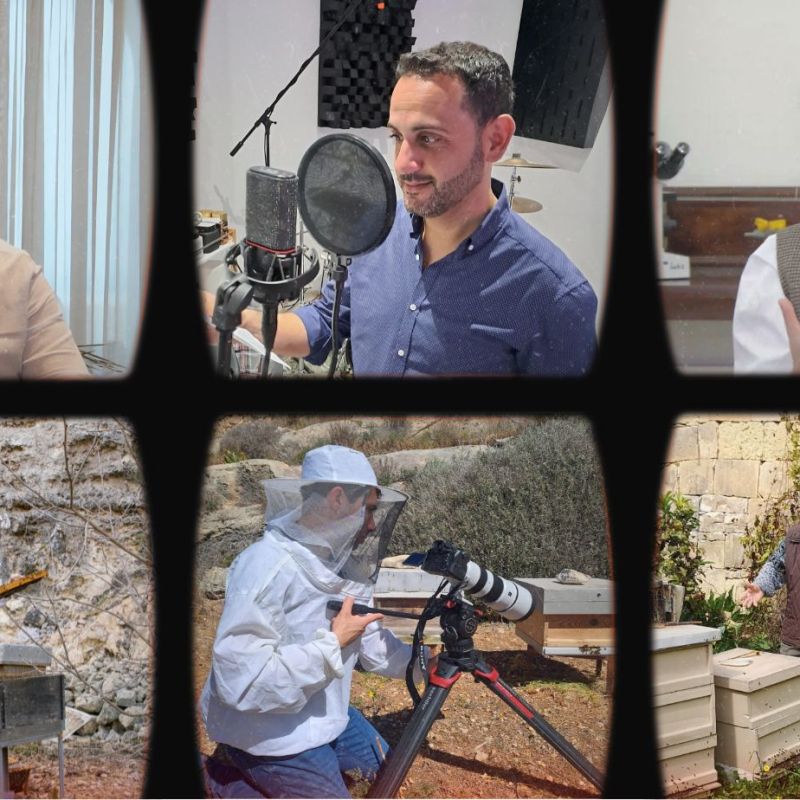
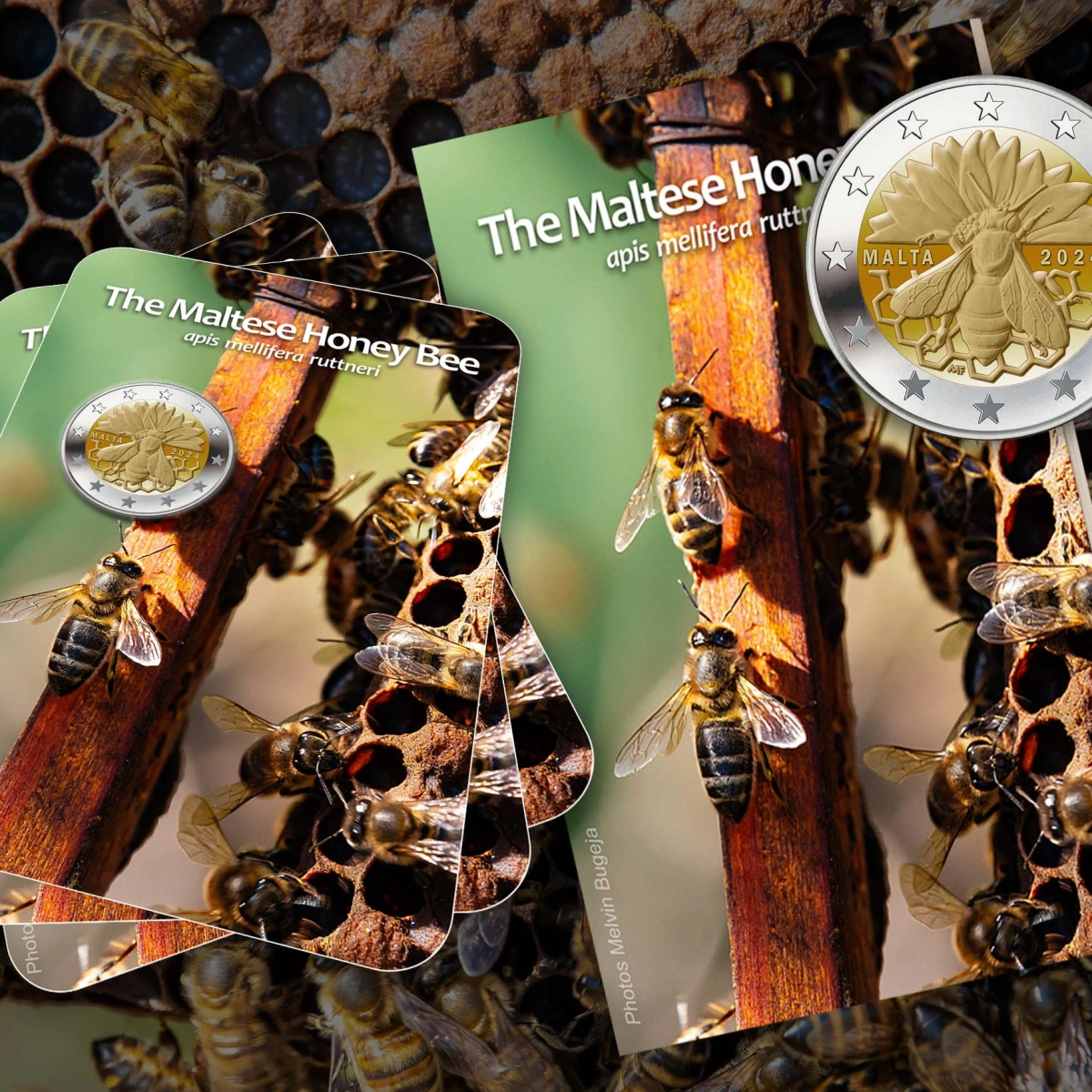
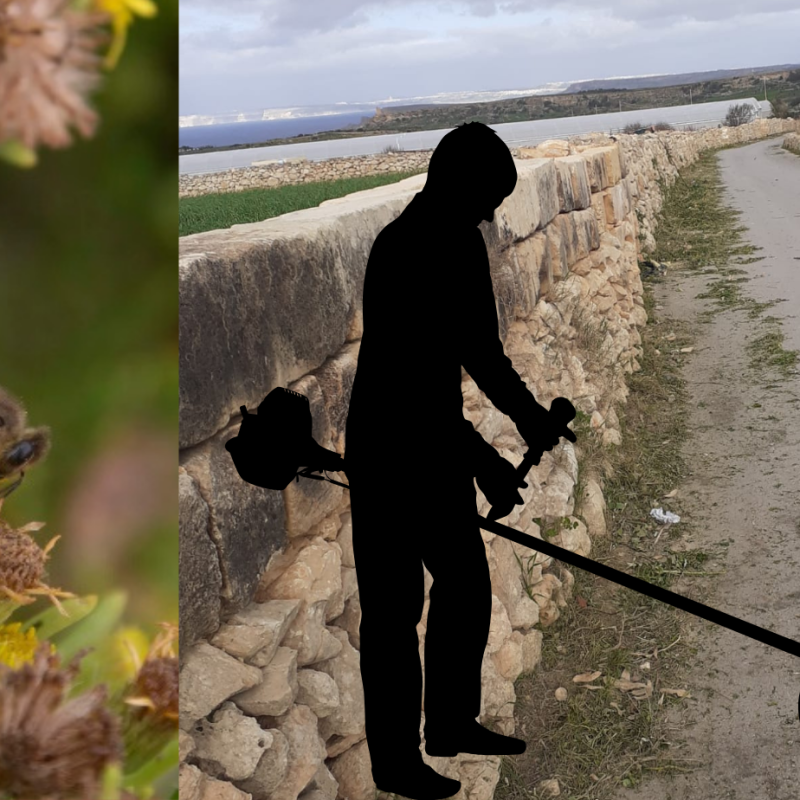
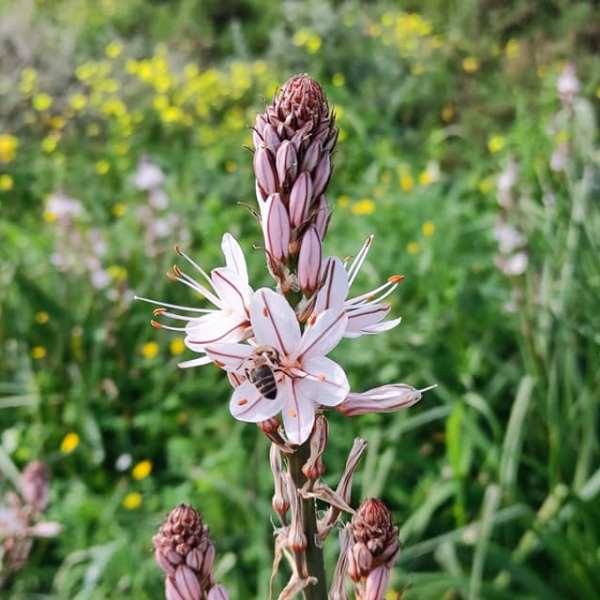
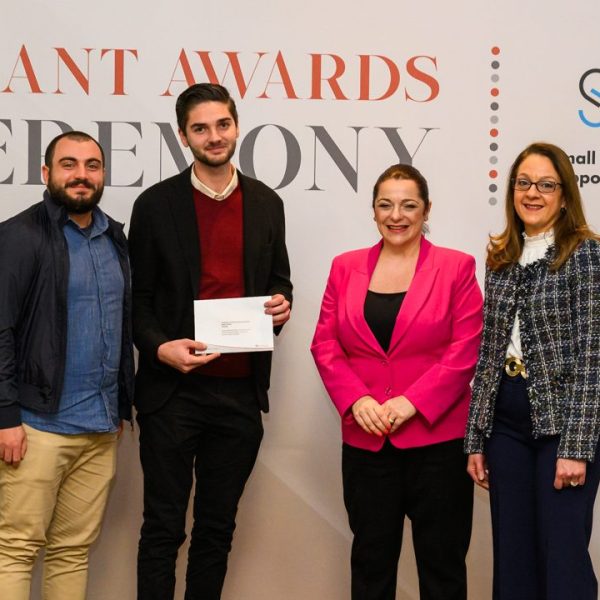
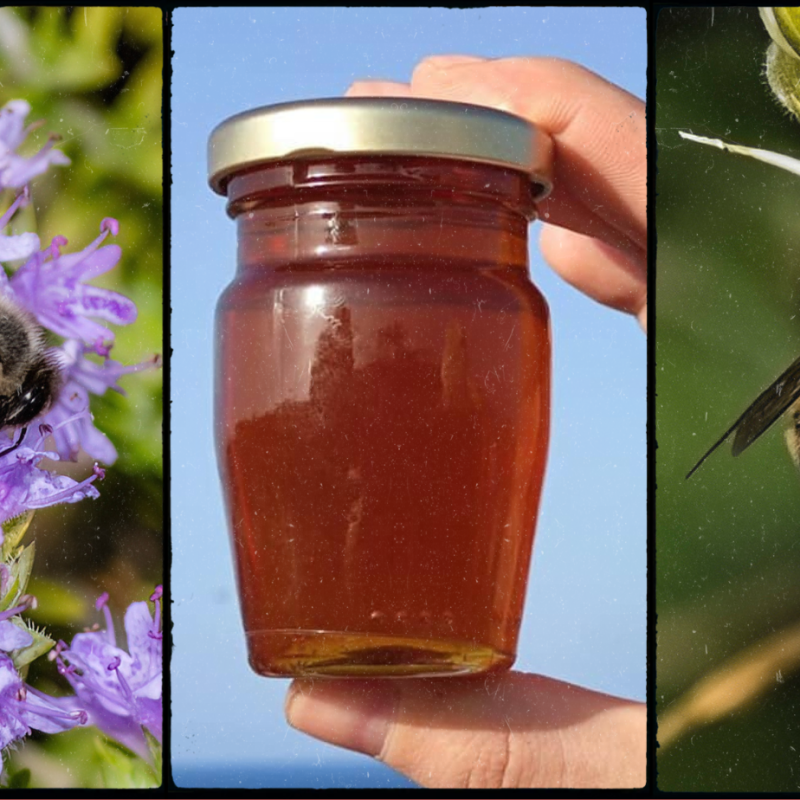
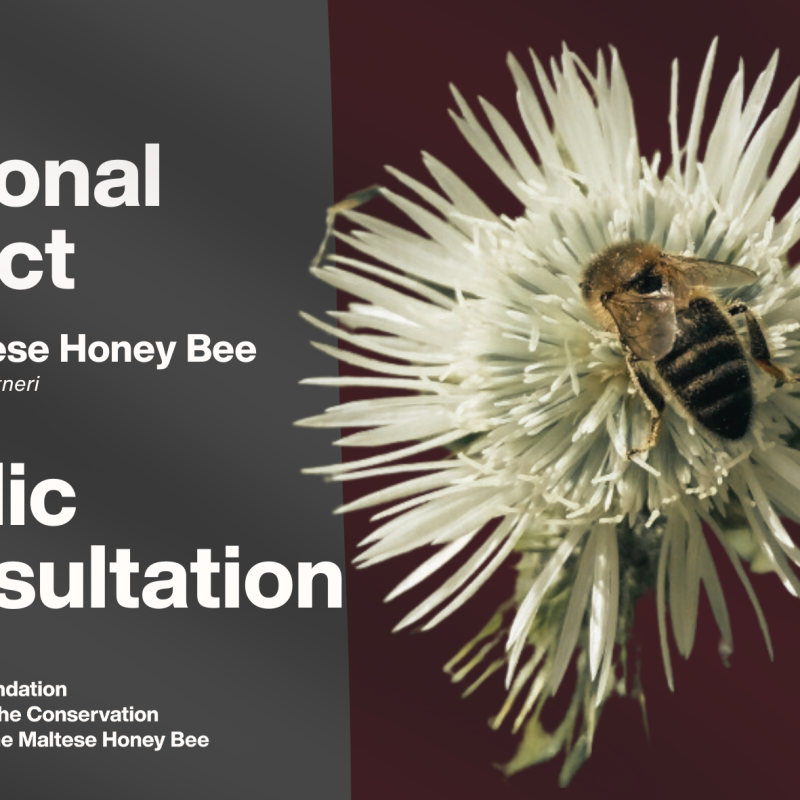
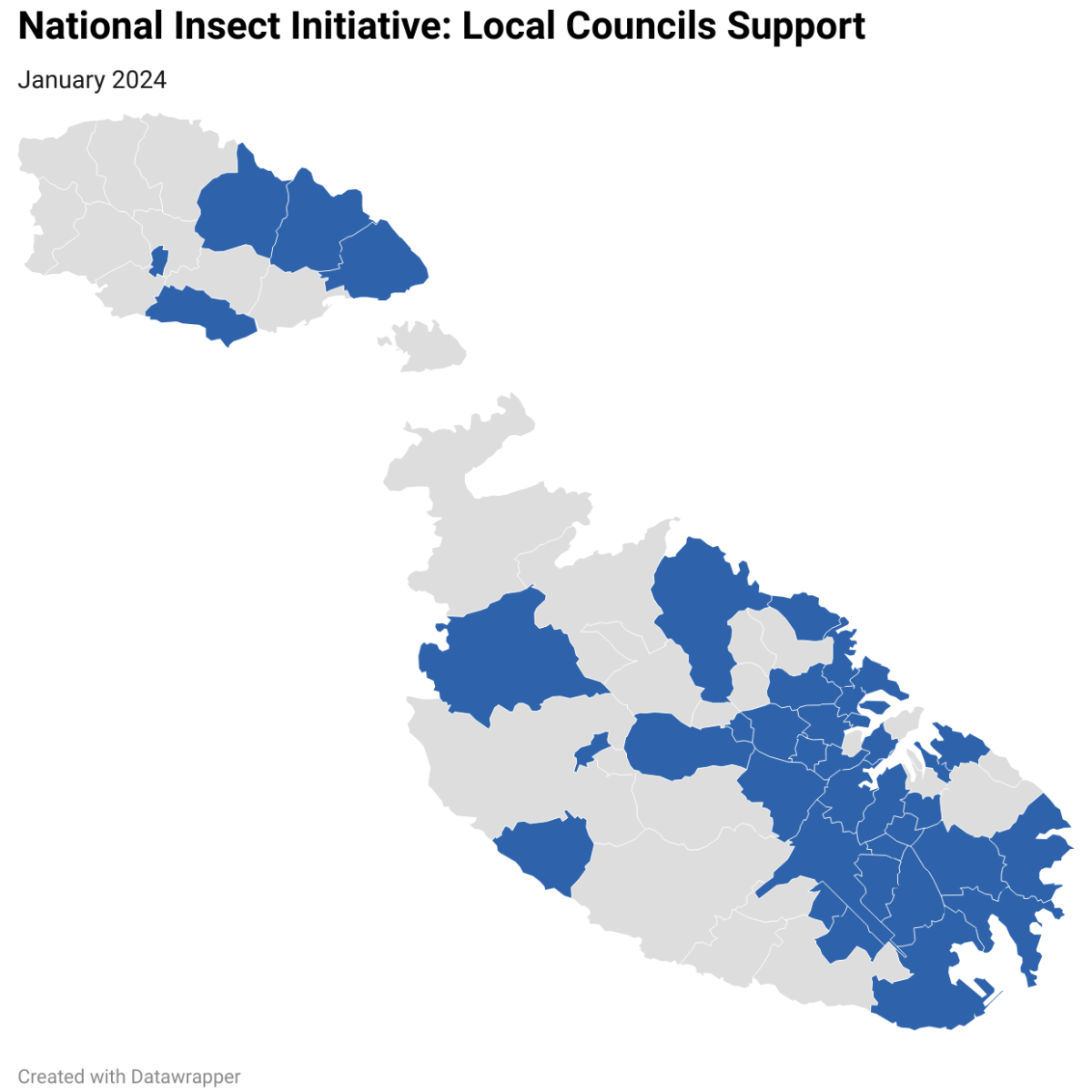
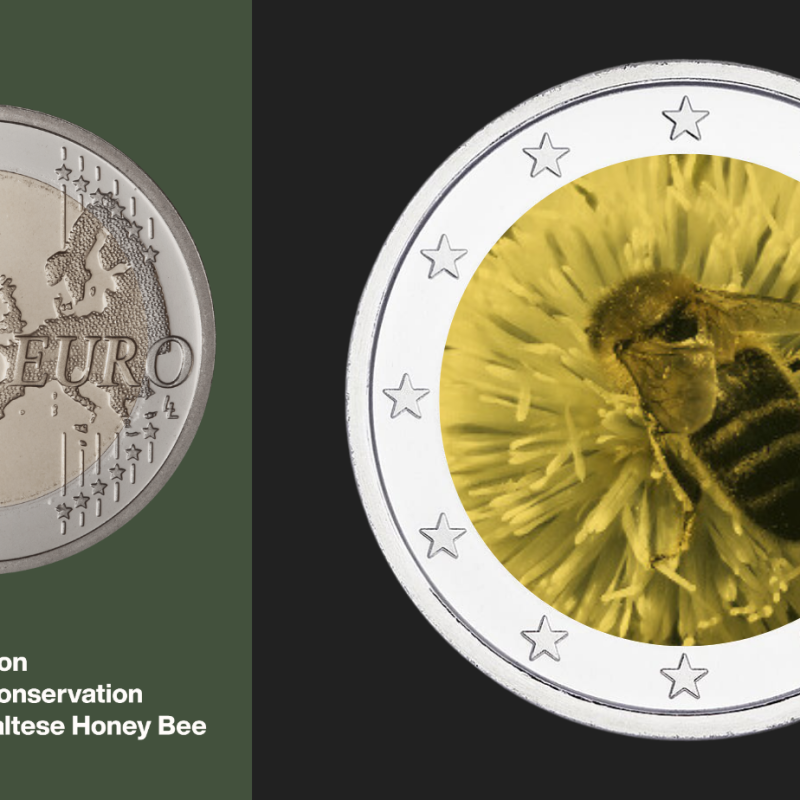
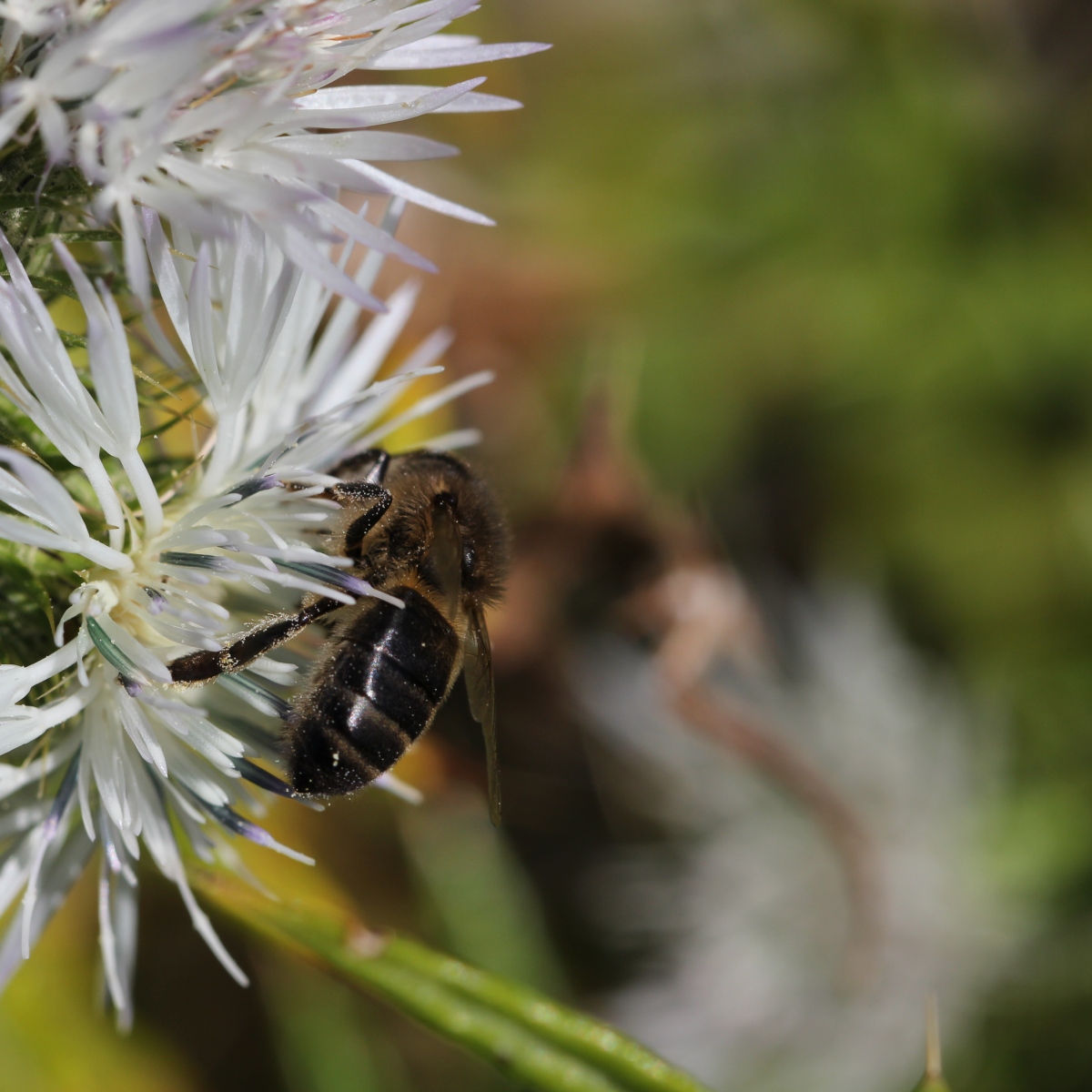
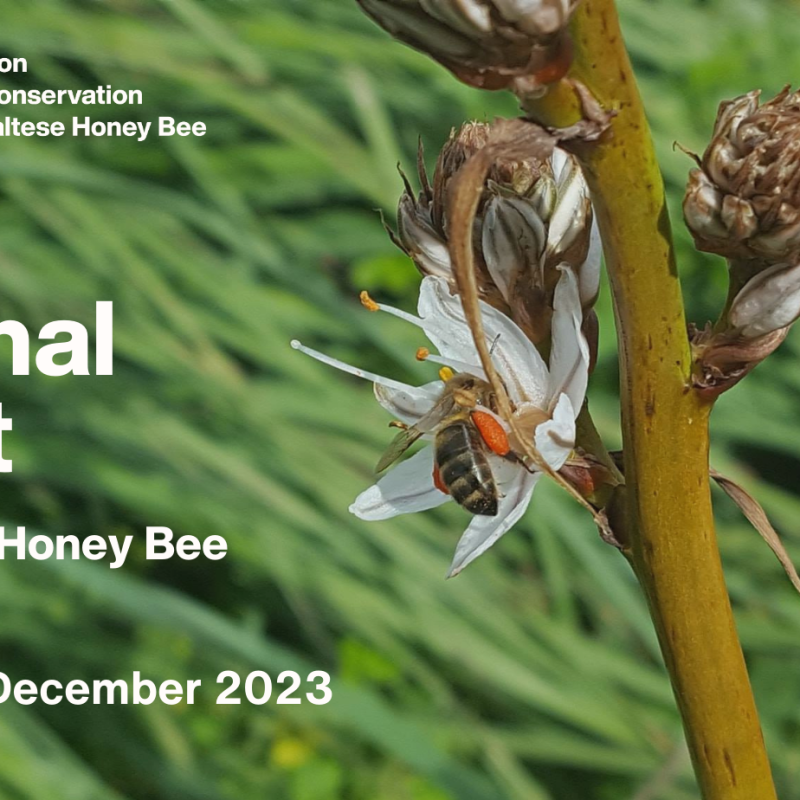
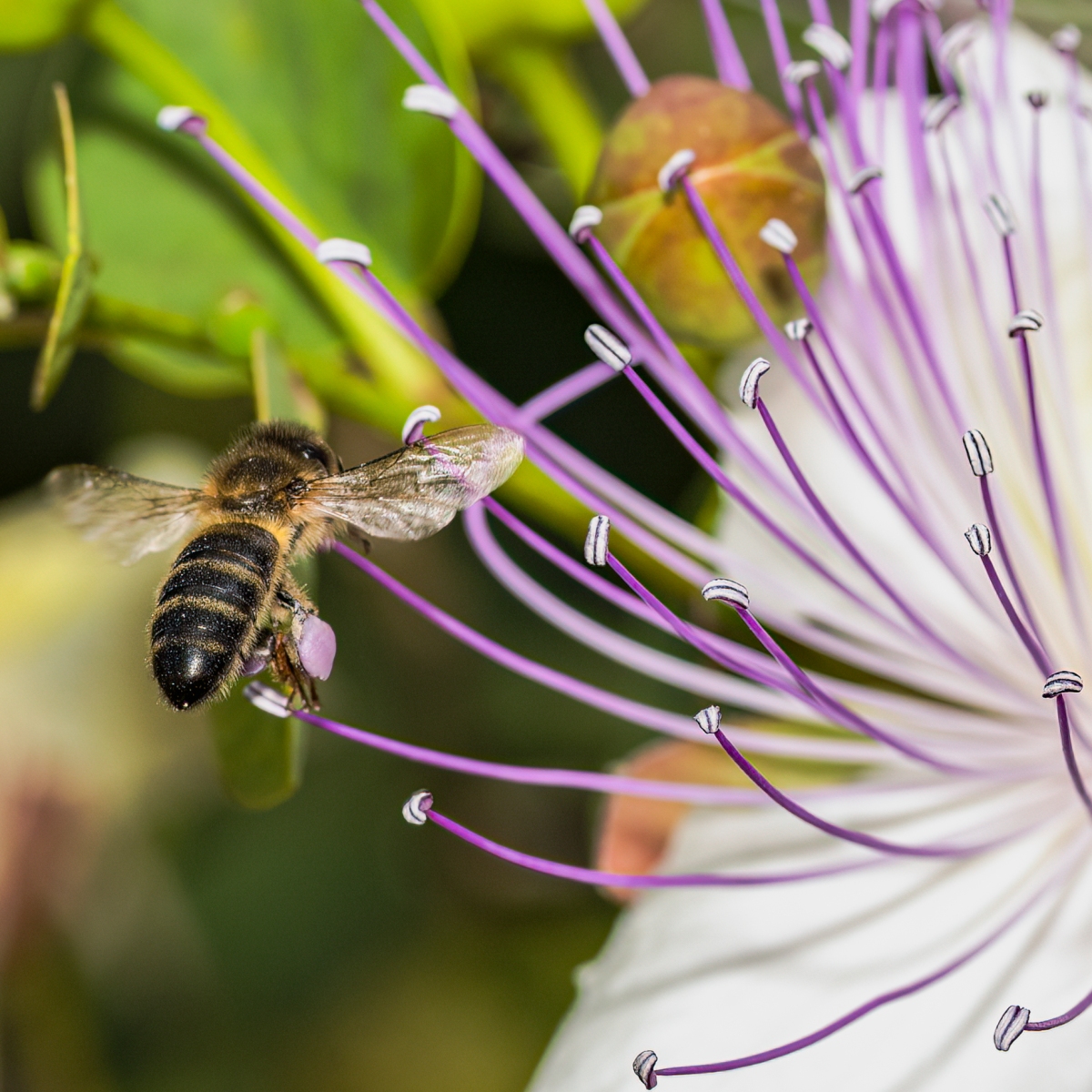
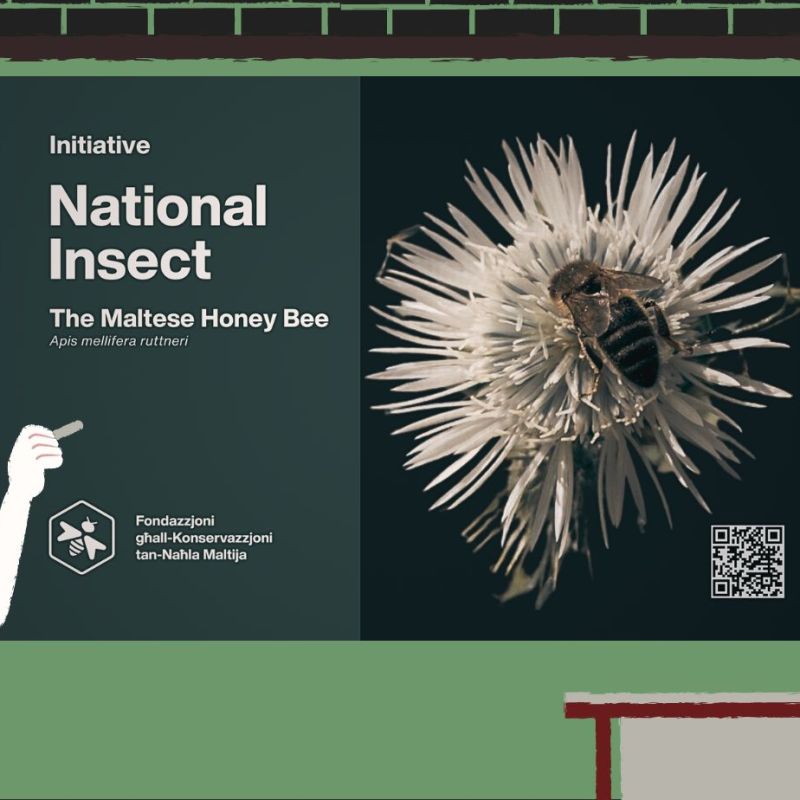
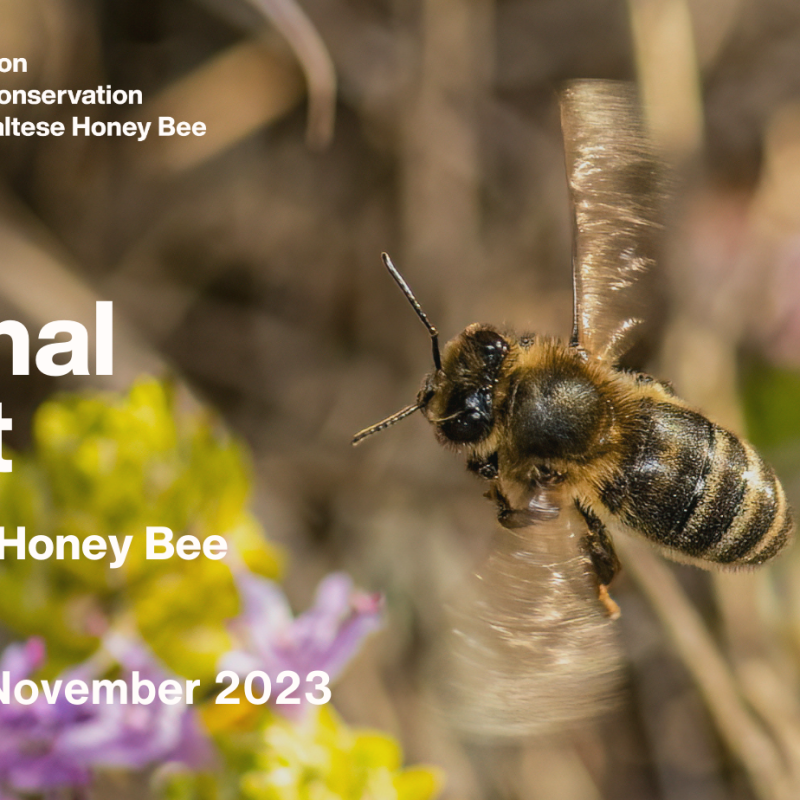
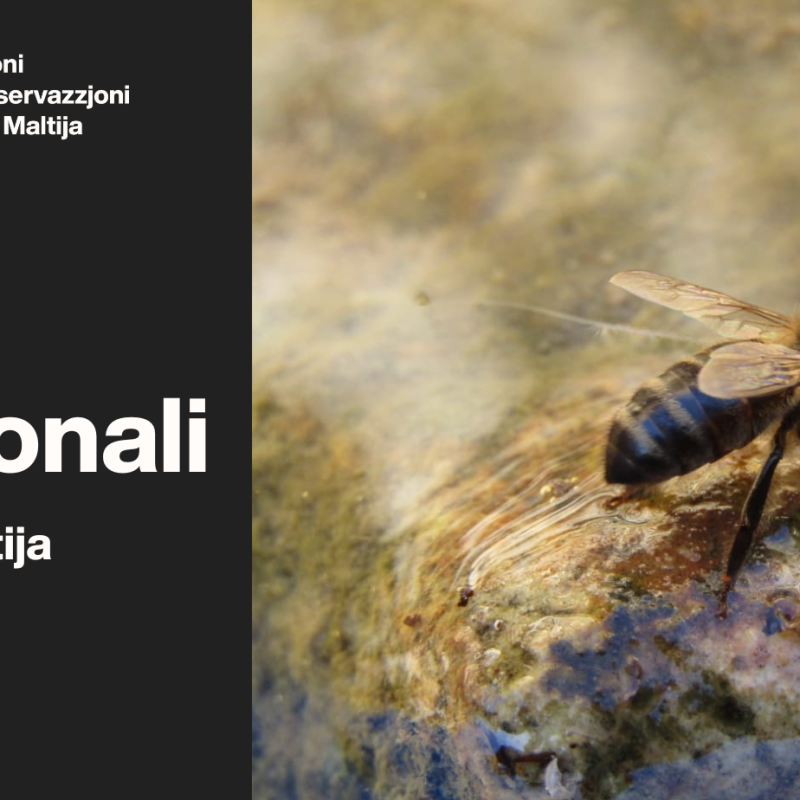

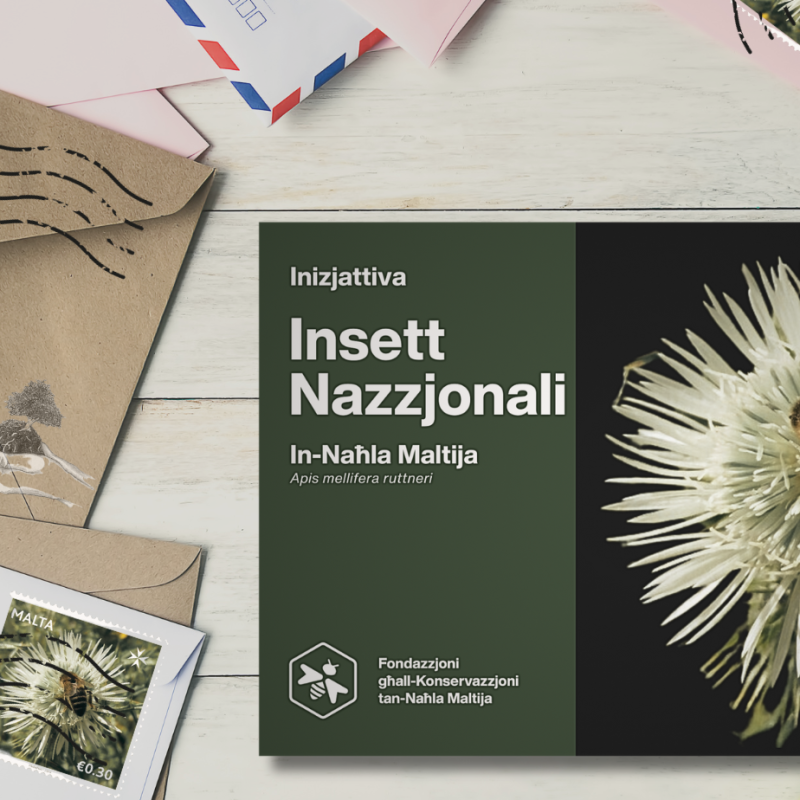
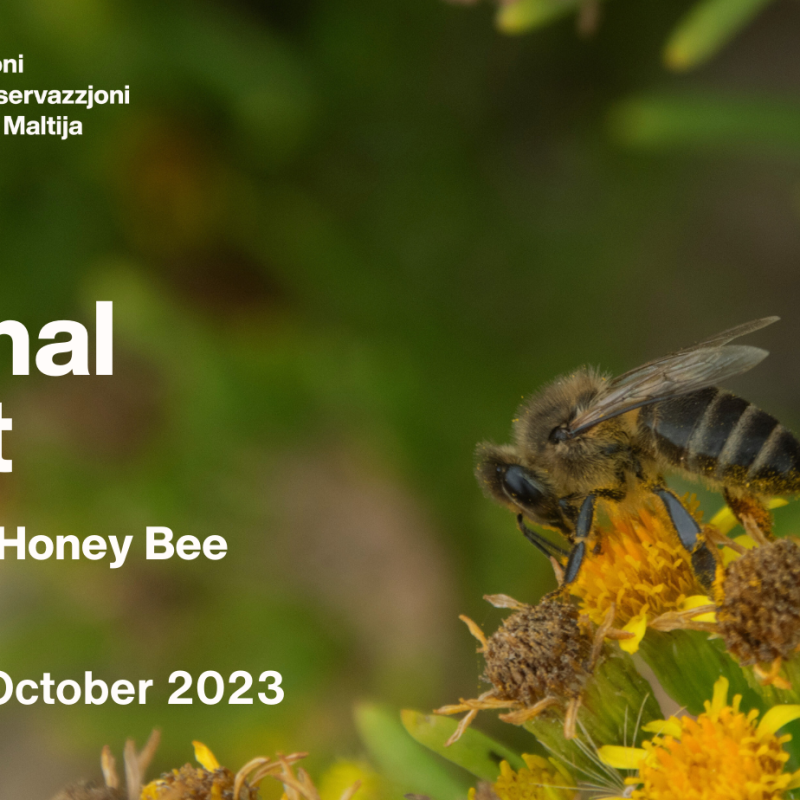
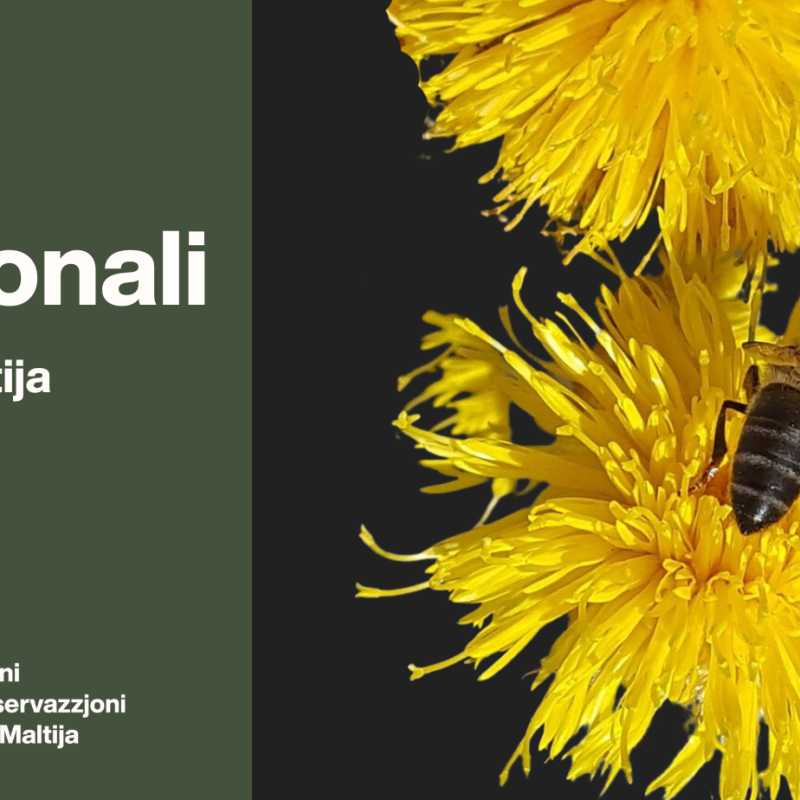
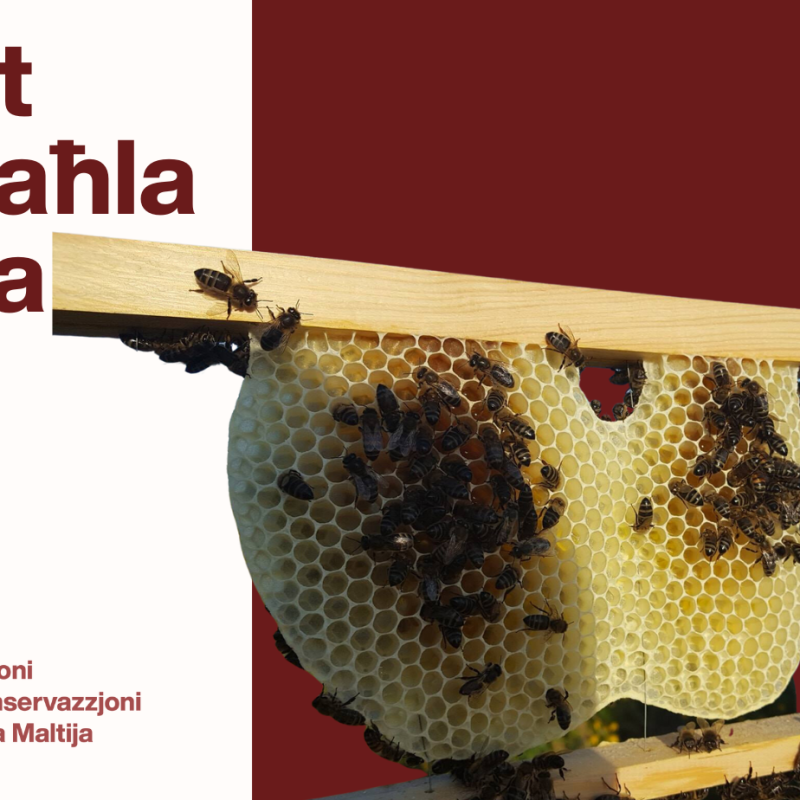
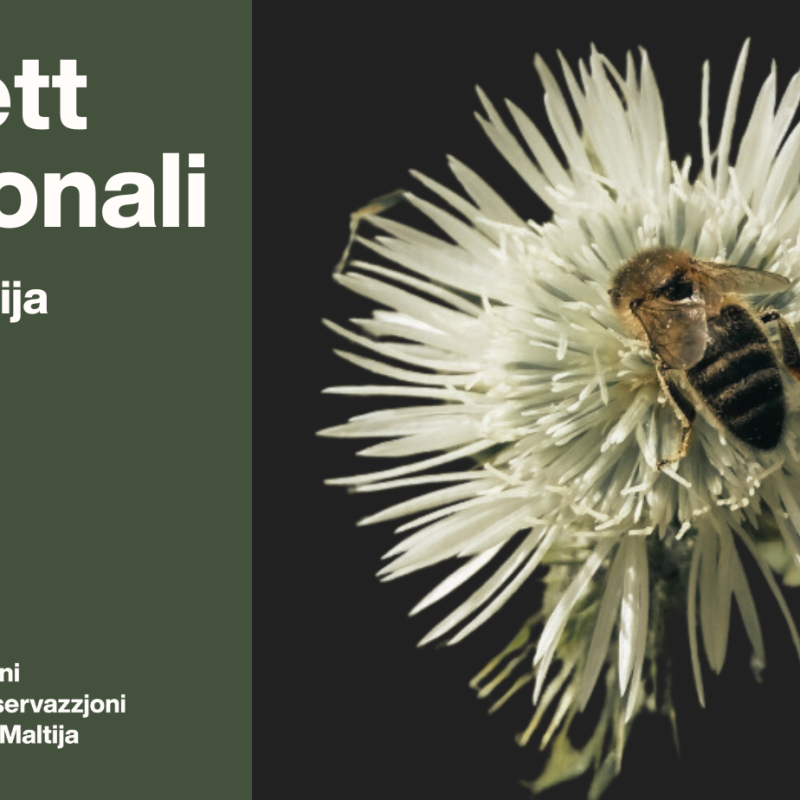
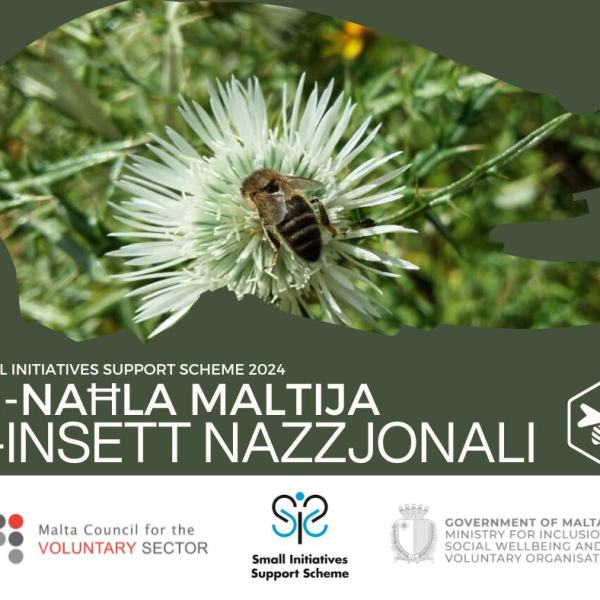
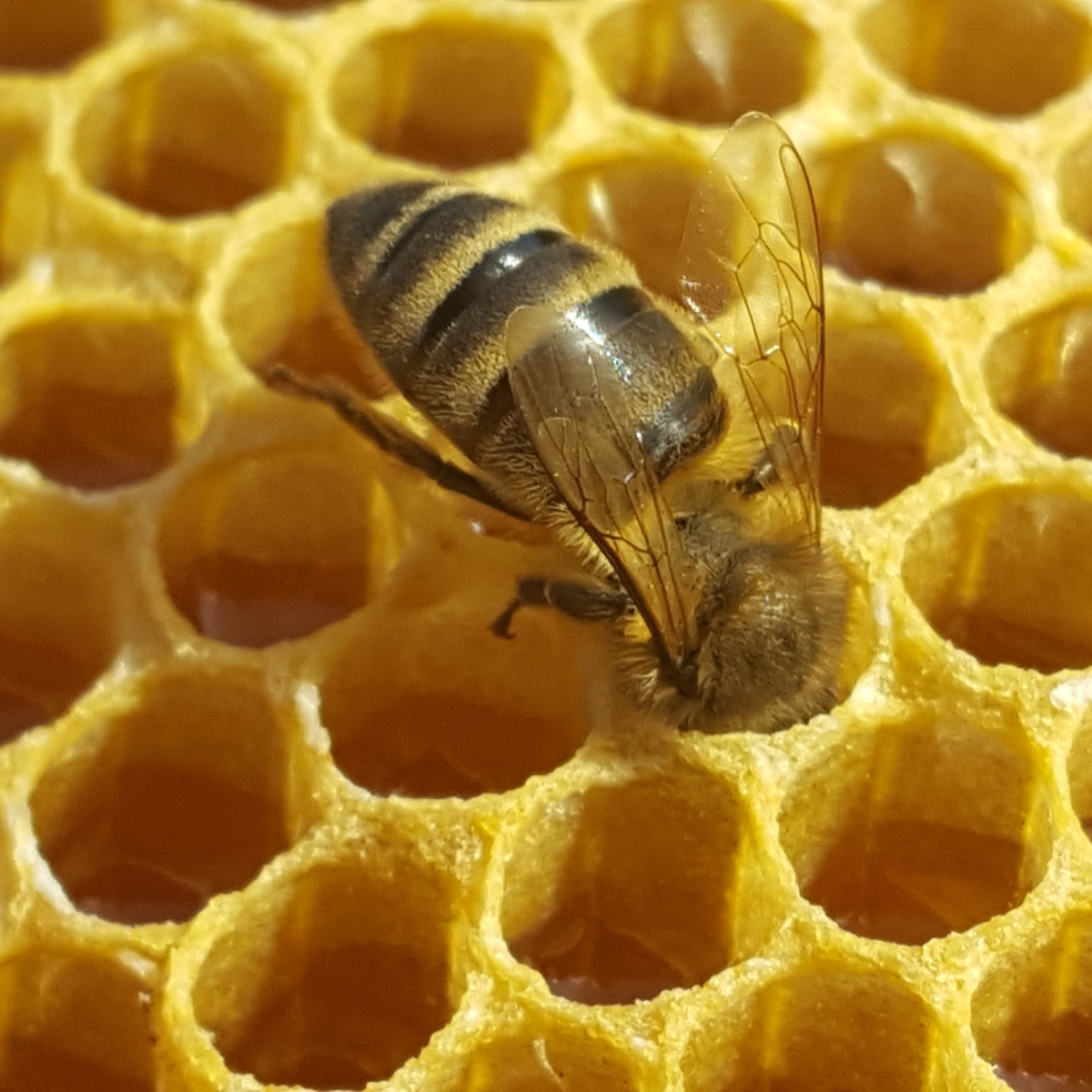
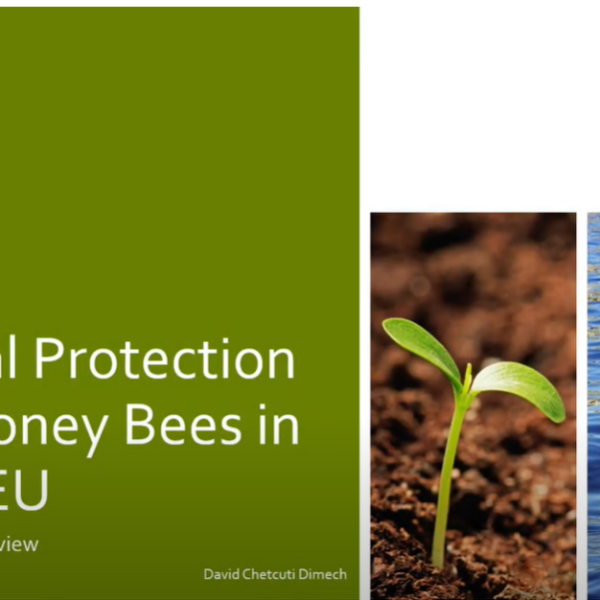
Leave a comment